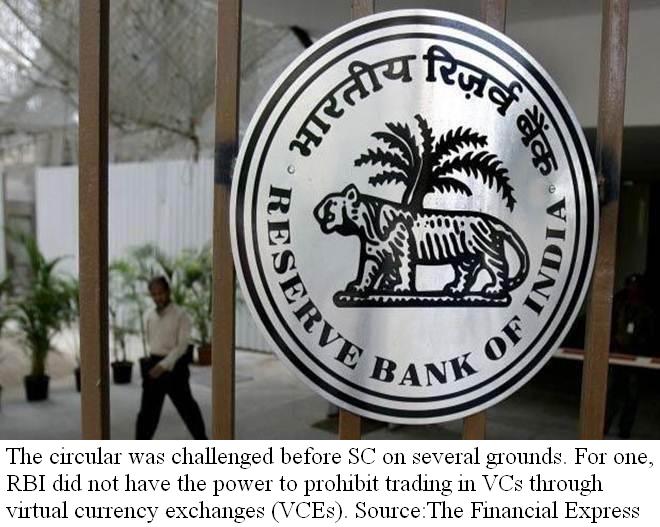|
||||||||
|
|
|
2020-03-30 ArtNo.46741
◆SC decision has freed up VC exchanges, but onus is on government now
 【New Delhi】Recently, in a landmark ruling, the Supreme Court set aside Reserve Bank of India (RBI) circular, which had banned trading in virtual currencies (VCs) through banks and other RBI regulated entities. The circular was challenged before SC on several grounds. For one, RBI did not have the power to prohibit trading in VCs through virtual currency exchanges (VCEs). Even assuming RBI had the power, such power was not properly exercised. RBI, on the other hand, had contended that VCs do not satisfy the criteria—store of value, the medium of payment and unit of account—to be acknowledged as currency. VCs do not have any formal or structured mechanism for handing consumer disputes/grievances and are capable of being used for illegal activities due to their anonymity/pseudo-anonymity. It also said that increased use of VCs would eventually erode the monetary stability and the credit system. The circular had a legislative character and was in the realm of an economic policy decision taken by an expert body and RBI has broad powers. After a review of the position in several countries and regulators across the world, SC observed that while VCs have not acquired the status of a legal tender, nevertheless, they constitute a digital representation of value. While setting aside the circular, SC noted that VCs are not banned; 【News source】 Supreme Court decision has freed up virtual currency exchanges, but onus is on government now ○One world:The aim of SEAnews Your Comments / UnsubscribeTweet to @TwitterDev SEAnews MessengerSEAnewsFacebookSEAnews eBookstoreSEAnews world circulation |
|
[Your Comments / Unsubscribe]/[您的意见/退订]/[ご意見/配信停止]
Please do not directly reply to the e-mail address which is used for delivering the newsletter. 请别用递送新闻的邮件地址而直接回信。 メールをお届けした送信専用アドレスには返信しないで下さい。 |